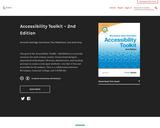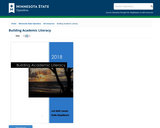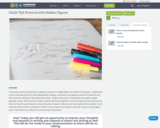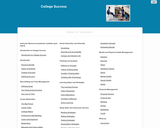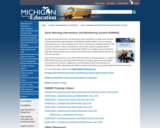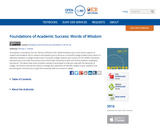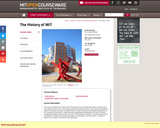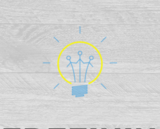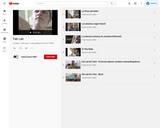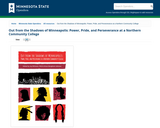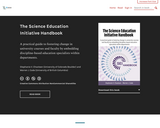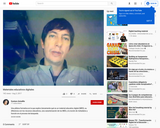
The standard citation style guide book for the fields of business, education, health science, public service, and social science is the Publication Manual of the American Psychological Association, 6th edition, 2010. The American Psychological Association (APA) publishes the manual. We commonly refer to it as "the APA Manual".
The business, education, health science, public service, and social science departments at IRSC recommend APA format for papers written in these fields.
Two types of citations are included in most research papers: citations within the text of the document and a list of reference citations at the end of the paper.
In-Text Citations:
The APA Manual uses the author-date citation system for in-text citations.
Reference Citations:
The sources you use in your work are included as a separate list at the end of the paper. The APA Manual suggests using the title, References, for the list.
- Subject:
- Education
- English Language Arts
- Higher Education
- Material Type:
- Reading
- Provider:
- Indian River State College
- Date Added:
- 08/10/2020
